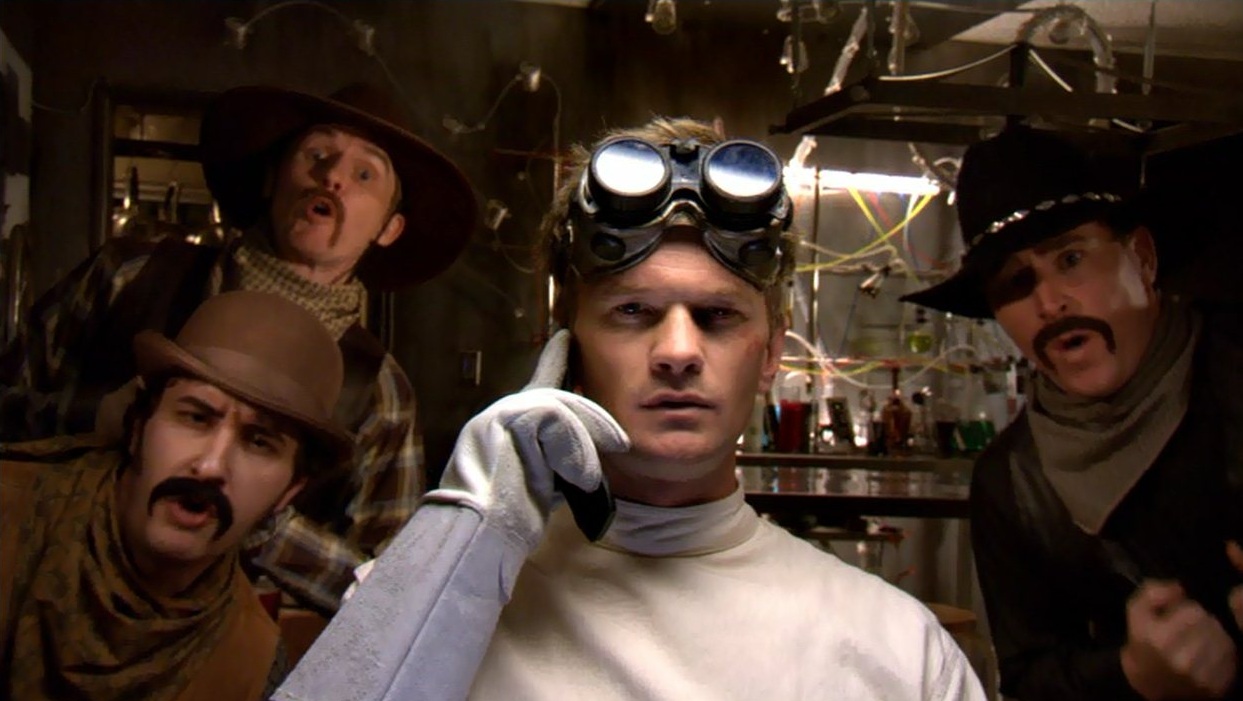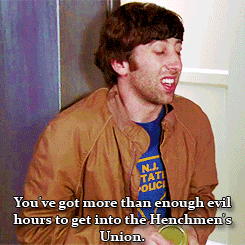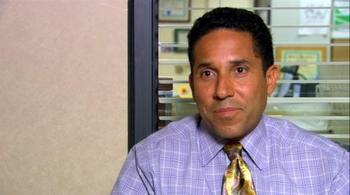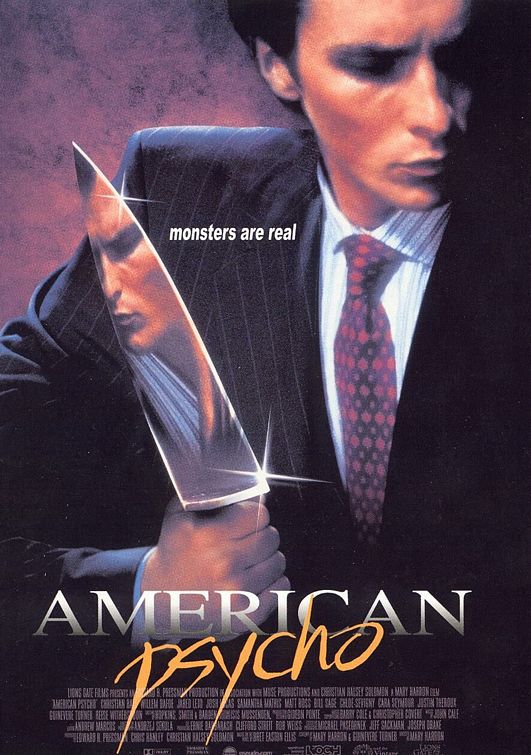Yes, that's right. The protagonist is a supervillain. Not an anti-hero, not a morally ambiguous veteran who has to make compromises for the greater good, just a straight-up bad guy. The antagonist, Dr. Horrible's nemesis, is a superhero by the name of Captain Hammer- an obnoxious, chauvinistic beefcake who only saves the day to get the glory. Dr. Horrible, to contrast, is polite and witty, and it becomes incredibly easy to root for him and his half-baked malicious schemes wholeheartedly.
In this regard, Dr. Horrible's Sing Along Blog is an excellent example of multiple forms of satire. First, there is situational irony- the villain is the hero, and the hero is the villain. This is very important since it serves as a deconstruction of tropes in American culture. American media likes to tell stories as simply as possible. According to most TV shows, there is a force for good and a force for evil, and everyone should want the former to win. In reality, questions of morality and justice are much more complicated and difficult to rationalize. If Horrible's intentions are good but his actions are evil, how does that compare to Captain Hammer, whose actions are good but intentions are selfish?
Additionally, the musical serves as a hyperbolic parody of several superhero movies. One of the frequent complaints of superhero movies is that the characters are not well-rounded. For example, the hero is often portrayed as brave and heroic, without much else going into his personality. Captain Hammer parodies that idea by taking it to the extreme- making him completely superficial and shallow to the point where it's ridiculous. Similarly, Dr. Horrible's sidekick Moist, whose only superpower is to constantly be sweaty, seems to mock the uselessness of supporting characters in superhero movies. To quote Moist himself, "at my most badass I make people want to take a shower."
Dr. Horrible's Sing-Along Blog accomplishes all of this and at the same time manages to be extremely funny and surprisingly emotional. Its clever dialogue and interesting characters stand out as excellent examples of satire. The entire thing is in HD on Youtube and watched in under an hour, which I highly suggest you do.
























